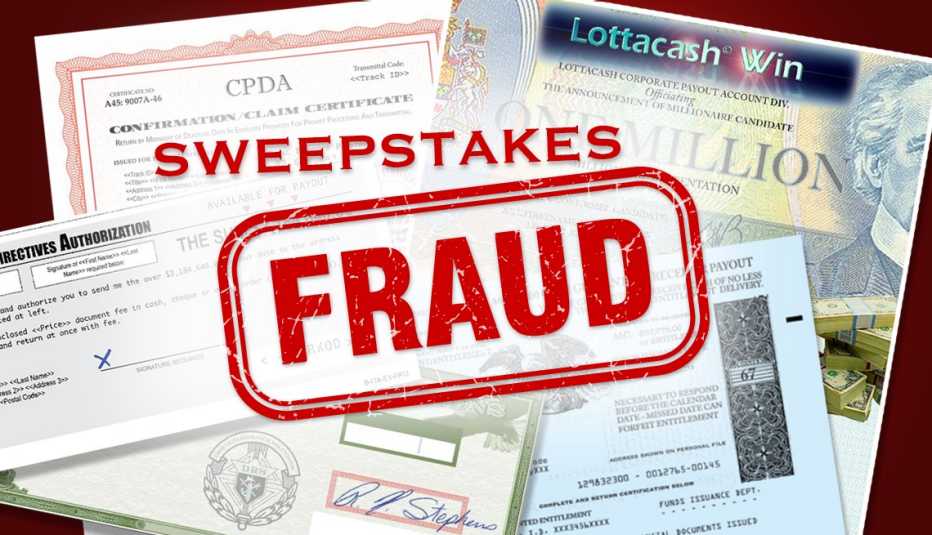AARP Hearing Center
Marketing giant Epsilon Data Management has been charged criminally and agreed to pay $150 million for helping facilitate elder fraud schemes involving phony sweepstakes and psychic services, the Department of Justice (DOJ) said Wednesday.
The firm admitted it sold the data of more than 30 million consumers to those behind fraudulent or deceptive schemes from 2008 to 2017, DOJ said. Some of that consumer data came from legitimate clients, including nonprofits and charities, and some came from clients who were fraudsters.
The schemes involved mass mailings to victims who paid a fee but in return “received nothing of value,” the DOJ said.
Data sales amid arrests and charges
Epsilon employees “continued to sell consumer data to clients engaged in fraud despite knowing that those and similar clients had been arrested, charged with crimes, convicted and otherwise subject to law enforcement actions for false and misleading practices,” DOJ said.
Epsilon, in Irving, Texas, was charged in federal court with conspiracy to commit mail fraud and wire fraud. However, prosecution was deferred under a settlement with DOJ.
Victims with losses to be compensated
Epsilon must designate $127.5 million of $150 million to compensate identified victims with losses caused by fraud schemes that used the consumer data at issue, the department said. A claims administrator will contact identified victims directly, it said. Here's more information about the compensation.
"Firms that amass big data assume a big responsibility to ensure this data is not used by malicious actors.”
The law enforcement arm of the postal service, the U.S. Postal Inspection Service, probed the case. In a statement, Deputy Chief Postal Inspector Craig Goldberg said: “When data firms such as Epsilon use their extraordinary access to consumers’ personal information to provide laser-focused marketing lists supporting deceptive practices, more American consumers are placed in harm's way. Firms that amass big data assume a big responsibility to ensure this data is not used by malicious actors.”






































































